ADVERTISEMENT
Education
Haiti School bus Dignite (Diyite)
Dignite is the name of a Haitian school bus company established in 1985. During the last academic year, the company has carried nearly 150,000 students every day in 86 provincial cities and 19 points in Port-au-Prince. Recently, on Tuesday 26th August, 2014, Castro Arboite, the Director of "Dignite" has announced the addition of 50 new buses over its present fleet of 257 buses spread across the ten departments providing free transportation to the school children. This addition of the fleet came as a result of the U.S$ 2 million donation assistance extended by the Government of South Korea on 3rd May 2013, to the Haitian government for purchase of 50 school buses over a period of two years. 'Dignite' has always been consistent to fulfill its mission of bringing students to their teaching places and return homes. Earlier, "Dignite" used to charge monthly fees for carrying students. In 2011, President Martelly decided to make this service free and sanctioned a yearly subsidy of 292 million gourdes to the company for maintaining its fleet for the operation
CES, Haiti's Only Free School for Children With Disabilities
Centre d'Education Speciale (CES) or Centre for Special Education is the only free School for Children With Disabilities in Haiti.
The Centre d'Education Speciale (CES) is a special centre for the education and personal development of children suffering from various disabilities. The centre is situated in Port-au-Prince, the capital of Haiti and is the only free school which focuses on the education of the disabled children. Their main aim is to contribute to the social integration of more than 15000 children with special needs, belonging to a disadvantaged social stratum every year. According to statistical reports, a large fraction of the students with disabilities are unable to afford even basic education in the country because of the high expenses of education. In such a scenario, the CES in a noble as well as novel initiative and it has drawn the attention of filmmaker Lena Jackson, who endeavors to make a film about the centre and its works.
web application for Secondary Education (APPES) in Haiti
A newly created web application for mobile devises to revise the BAC or secondary Education (APPES) in Haiti
New Mobile App developed for Secondary Schools
Through Nesmy Manigat's request, who is Minister of National Education, a web app for mobile phones has been developed for Secondary Education students.
The app has several menus devoted to topics as final exams, content on educational and vocational guidance, video resources, and disciplinary fields.
Jean Charles Joseph Mackendie, Project Manager; Joseph Job Maurice, Director of Secondary Education; and Computer Information Technology professional, Gerald Belizaire, worked as a team to develop the app.
École Moyenne Agro-Écologie Jean Mari Romain (EMAJMR)
In order to monitor farmers closely, the administration of the Martelly/Lamothe Government, under a project led by Thomas Jacques, Minister of Agriculture and Natural Resources and Rural Development (MARNDR), decided to open schools.
The development of Haitian agriculture involves empowering people with professional know-how. There is however, a major deficit in resources for agricultural technicians, due to institutional reforms implemented by the Ministry, population, research and training.
To make this system more advanced, a master plan has been put into place, which proposes the creation of a new strategy to revive agricultural education in EMA and training centers.
How this plan will be implemented
• The MARNDR intends to reopen 3 EMAs as of October 2014 in the agro-ecological zones of Dondon. It proposes to do this with support from the following:
1. Ministry of Agriculture of the United States of America
2. The US Agency for International Development (USAID) and
3. The World Bank
• Training courses for these schools will be created in the following areas:
1. (EMAD), the Artibonite Valley
2. EMAVA and
3. Hinche (EMDH)
In view of this, the Directorate of Training and Promotion of Entrepreneurship Agricole (DFPEA), who are responsible for the creation of Ministry of Agriculture, hired 12 agronomists who are to provide this training.
The University of California, UC Davis, met the requirements of the tender advertised by MARNDR and the U.S. Department of Agriculture. They thus have the responsibility of providing the training required for this project.
Haitian History Bee on Haitian Cultural Heritage Month
The Miami-Dade County Commission Chairman Jean Monestime who is a Haitian-American, did not stay quiet during the Haitian Cultural Heritage Month in Miami-Dade County. As part of his efforts to educate as many children about the Haitian culture, he has been organizing a Haitian History Bee contest every year for the past three years. This year is no exception. The participants are elementary, middle and high schools students from Miami-Dade
Miami-Dade held the Haitian History Bee in May. The event was funded by Jean Monestime, Miami-Dade's County Chairman.
Three Miami-Dade schools each sent four teams to vie for the top spot, selected from public and private, primary, middle- and high school levels.
The contest coincided with Haiti's Haitian Cultural Heritage Month. One competitor said, ". . . Haitian history is difficult but ". . . . I think it's a hidden gem."
Dany Laferrière received traditional Academician sword
Here is a picture of Haitian-Canadian Dany Laferrière as he received the traditional Academician sword in the French Academy
This took place during a ceremony in the town hall of Paris. This particular traditional Academician sword was created by the Haitian sculptor Patrick Vilaire.
Recently, in an induction ceremony at the Academie Francaise, French Academy, in Paris, Thursday May 28, 2015, the Haitian-born Canadian writer Dany Laferriere was enrolled as the newest member of l'Academie Francaise in the presence of 300 guests including the former Quebec premiers Jean Charest, Pauline Marois and Bernard Landry. Pierre Karl Péladeau, the leader of Parti Québécois was also present. The Académie française is a 40-member council, founded by Cardinal Richelieu, the chief minister to King Louis XIII, in 1635, and that is responsible to maintain the standards of the French language. Laferrière had received his "Academician Sword" from the French novelist and French Academy member Jean d'Ormesson (C) at City Hall in Paris on May 26, 2015. He was elected to the council in December 2013, but the formal induction ceremony, loyal to a 400 year old protocol, was held on Thursday.
Dany Laferrière was born (13 April 1953) in Port-au-Prince and raised in Petit Goâve. He worked as a journalist in Haïti before moving to Canada in 1976 and hosting television programming for the TQS network. His first novel (How to Make Love to a Negro Without Getting Tired) was published in 1985, it was later adapted into a screenplay and won 11th Genie Awards in 1990. He has so far authored about 20 novels, including the award-winning "L'enigme du retour". He is the first Quebec writer to join the "immortals category"-- the term is referred for people named to the council to join the 39 other members, called immortals; they are elected to the institution for life. His introduction speech at the Academy touched on a theme that is often present in most of his works-- "exile".
France to build high school in Coteaux, Francois Hollande Visit
One of the agreements signed during the visit in Haiti of French President Francois Hollande is the construction of a high school in Coteaux
Hollande says France is pledging to invest $145 million from 2015-2020 in infrastructure improvements. Of that amount, $56 million will be used to develop the education system. Protestors feel otherwise. They demand much more money in reparations be spent on education, healthcare facilities, and the road system.
Some citizens though believe Hollande may provide more job opportunities than currently exists. And it is interesting to note France forgave the remaining $77 million owed by Haiti following the 2010 quake.
Martelly and Hollande sign Six Bi-lateral Agreements
During French President Hollande's state visit, he and President Martelly acted as co-signatories on six bi-lateral agreements between both countries:
Updating National Institute of Professional Training to form division of water trades.
Building a high school in Coteaux, funded by Association of French Regions.
Allowing Haitian farmers to export organic bananas.
Creating a financial recovery plan for Electricity of Haiti.
An agreement between Civil Aviation General Directorate, Air Navigation Directorate, and Civil Aviation National Office.
National School of Plaisance
A picture of the National School of Plaisance in Haiti during construction in 2015
The construction of National School of Plaisance is moving toward the final phase. This school in the Nord department is being constructed under funding of the Inter-American Development Bank and the Government of Haiti under a school support program for a reconstruction of the education sector (ARSE 19). The program in the tune of the government's operational Plan for Education (2011-2015) emphasizes on the fact that every child in the country should have access to education and it is necessary as well for the benefit of the country to develop a pool of skilled labor over in the next decade. This school is one of the 19 Projects ARSE (Support Program to the Restructuring of the Education Sector in Haiti), that had been stalled for over a year period due to non-compliance of structural works with the standard.
Evaluations to replace exams of 6th fundamental year and of bac Part 1
Evaluations to replace exams of 6th fundamental year and of bac Part 1 to be organized directly in public and private schools in Haiti
Alarming Results on National Examinations
The Haitian education system is performing poorly on national examinations. Of 417 schools, 10% or fewer students were promoted. Of 800 schools, less than 20% were advanced to the next fundamental.
Reforms to the education system include the requirement to hold a teaching license and its renewal, subject to continued professional development. At all education levels schools must hold an identity card of establishment, and cannot operate without one. Lastly new private schools may not open without prior approval of the Ministry of National Education.

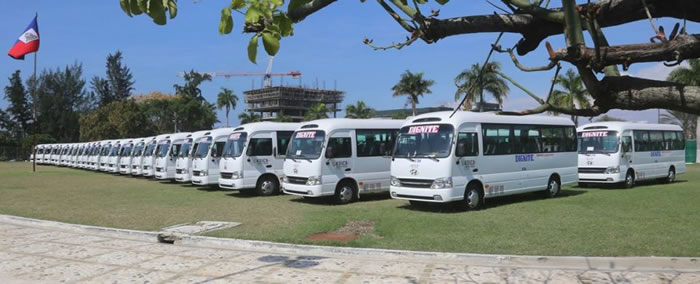
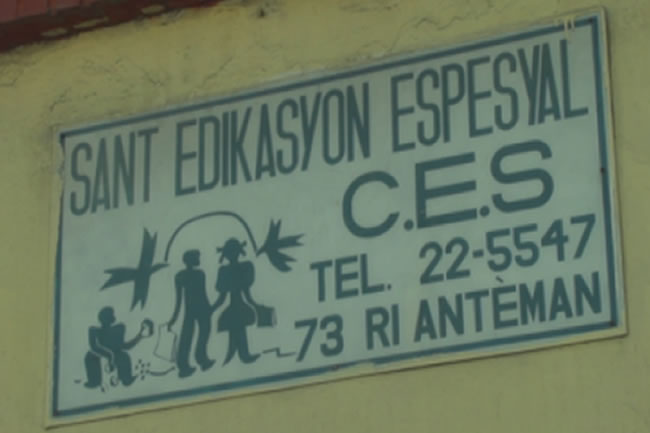


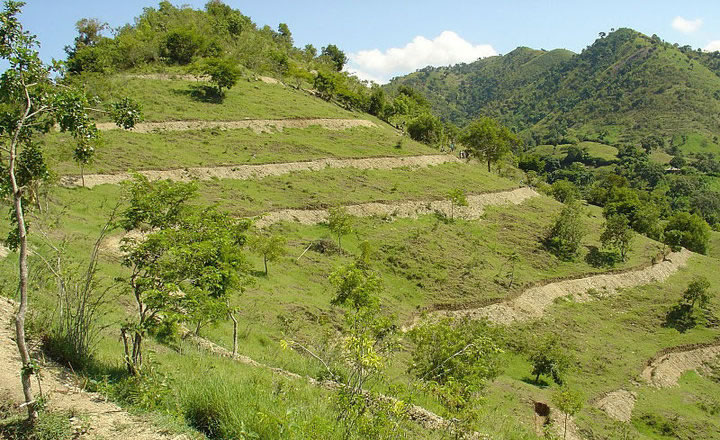
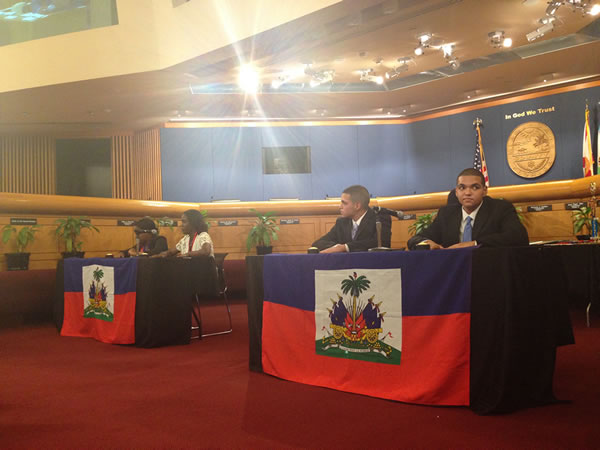
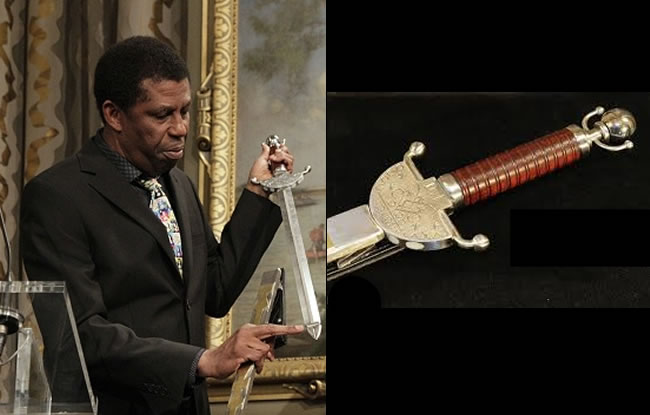

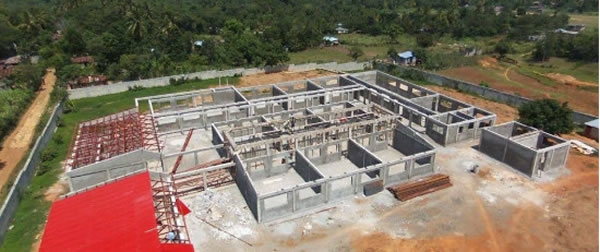
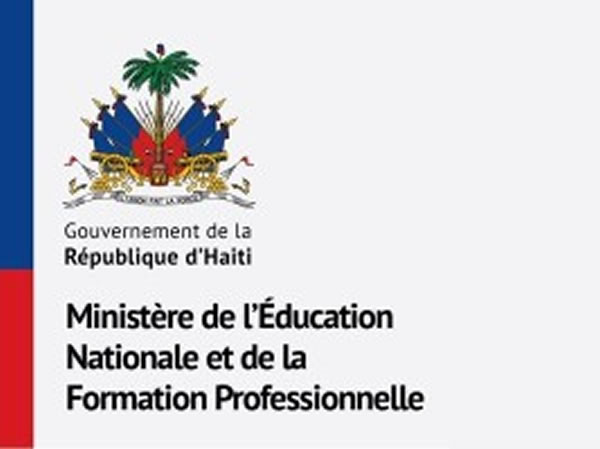
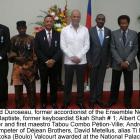 Five personalities of the Haitian musical world awarded
Five personalities of the Haitian musical world awarded  Rodent in Haiti named James Bond's hutia or Plagiodontia...
Rodent in Haiti named James Bond's hutia or Plagiodontia...  Who will be the next president of Haiti?
Who will be the next president of Haiti?  Jack Guy Lafontant resigns as Haiti Prime Minister
Jack Guy Lafontant resigns as Haiti Prime Minister  Haiti Street Food, manje kwit or Chin Janbe, for $1 or less
Haiti Street Food, manje kwit or Chin Janbe, for $1 or less  Former PNH Chief, Godson Orelus, arrested for illegal arm...
Former PNH Chief, Godson Orelus, arrested for illegal arm...  Haitiano-Japanese Naomi Osaka wins the US Open against Serena...
Haitiano-Japanese Naomi Osaka wins the US Open against Serena...  Jovenel Moïse nominated Jean Henry Céant as prime minister of...
Jovenel Moïse nominated Jean Henry Céant as prime minister of... 



